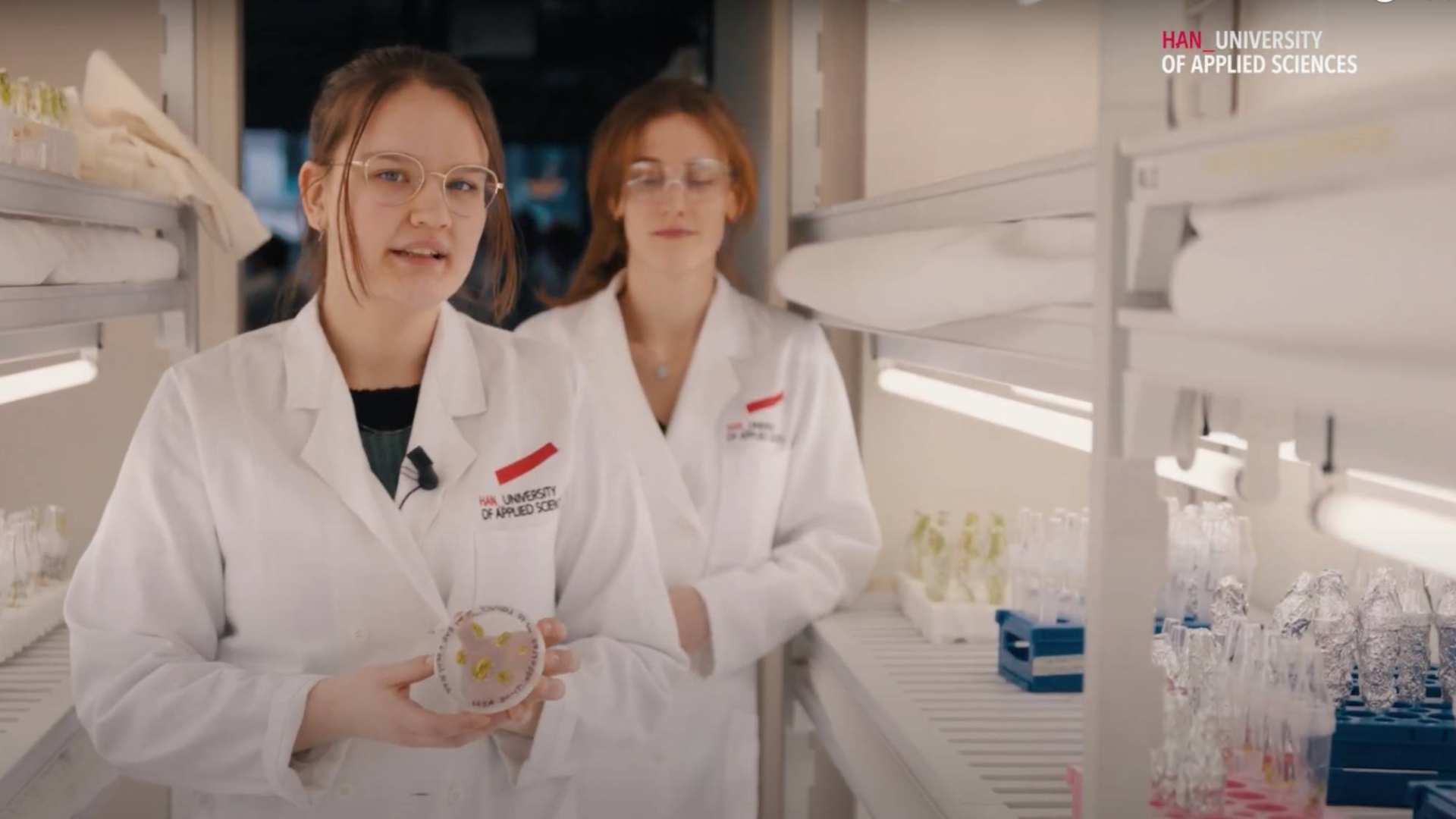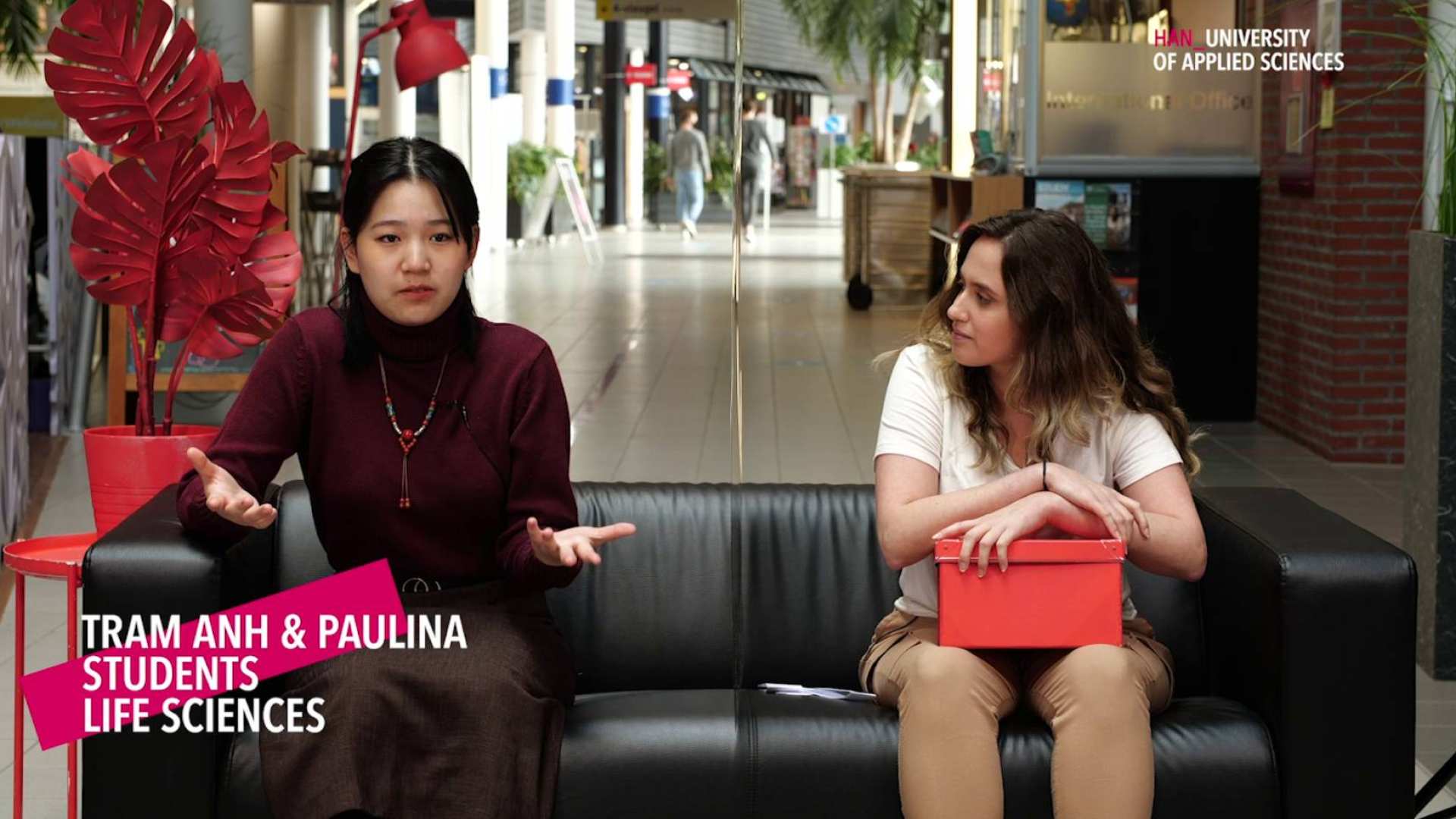Program
The life sciences program at HAN is geared to industry needs. And to working in an international environment. So you get the skills employers are looking for. Lab skills. Research skills. Communication skills. And much more.

Life Sciences: program in brief
A BSc in Life Sciences at HAN guides you through current research topics in life sciences. You explore a range of chemistry and biology topics. Like molecular biology, cell biology, microbiology, biochemistry and biotechnology.
You also get loads of practice in the life science lab. There you work on group projects. Delve into the latest issues in the field. Boost your problem-solving skills. Become a better communicator.
Finally, you get valuable professional experience. In short, this program opens doors to a rewarding international career.
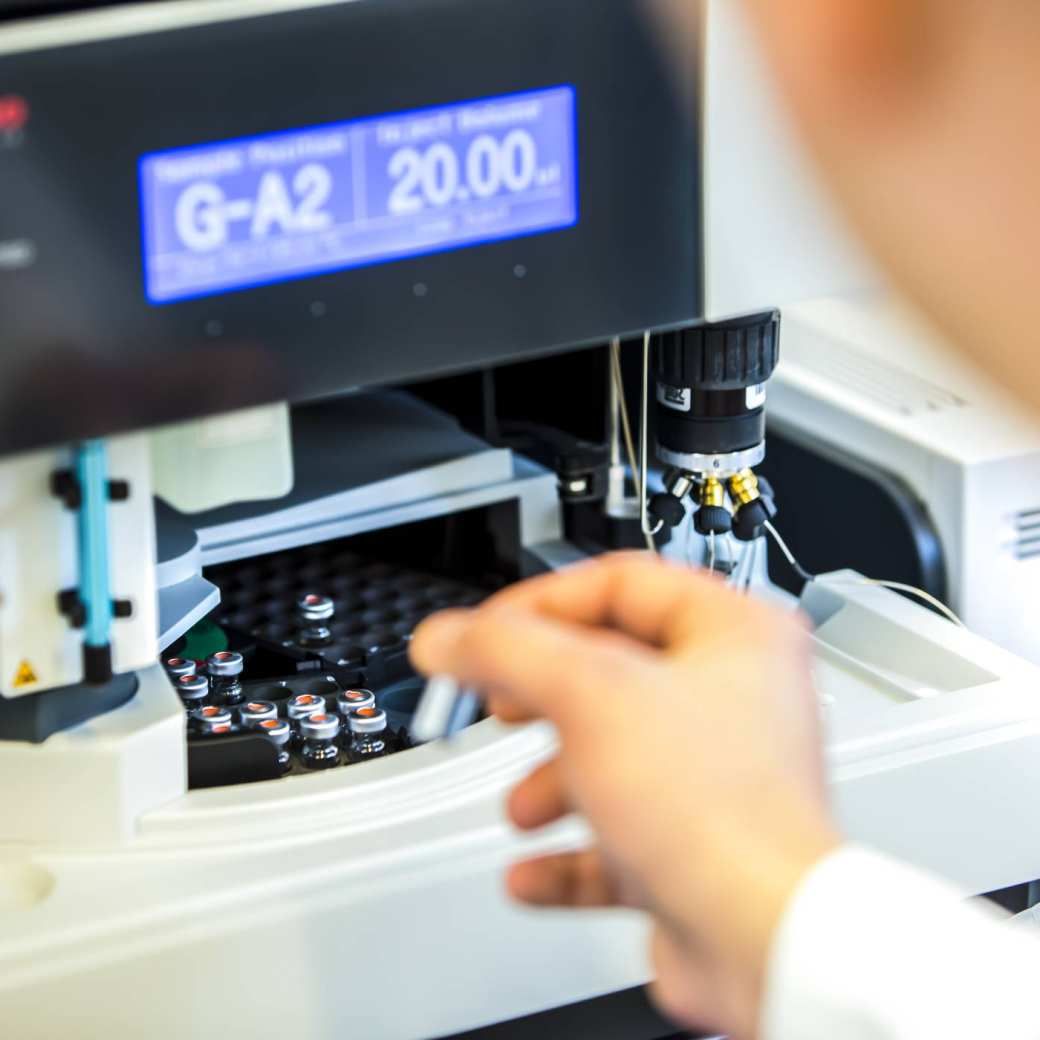
Meet lecturers & students
Get an inside view of the Life Sciences program at HAN. Become a student for a day, join a sample lecture or meet 1:1 with a lecturer or student online. We are currently offering the following activities:
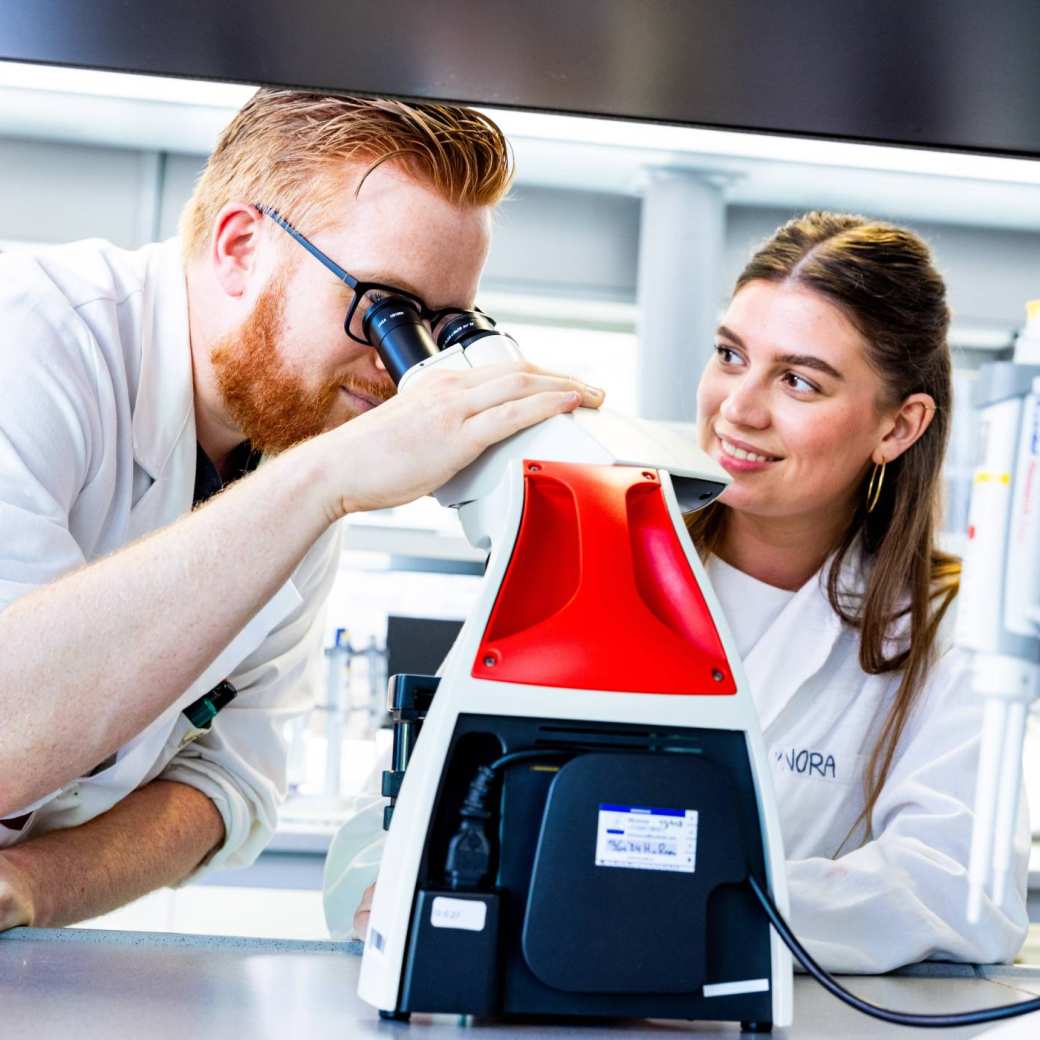
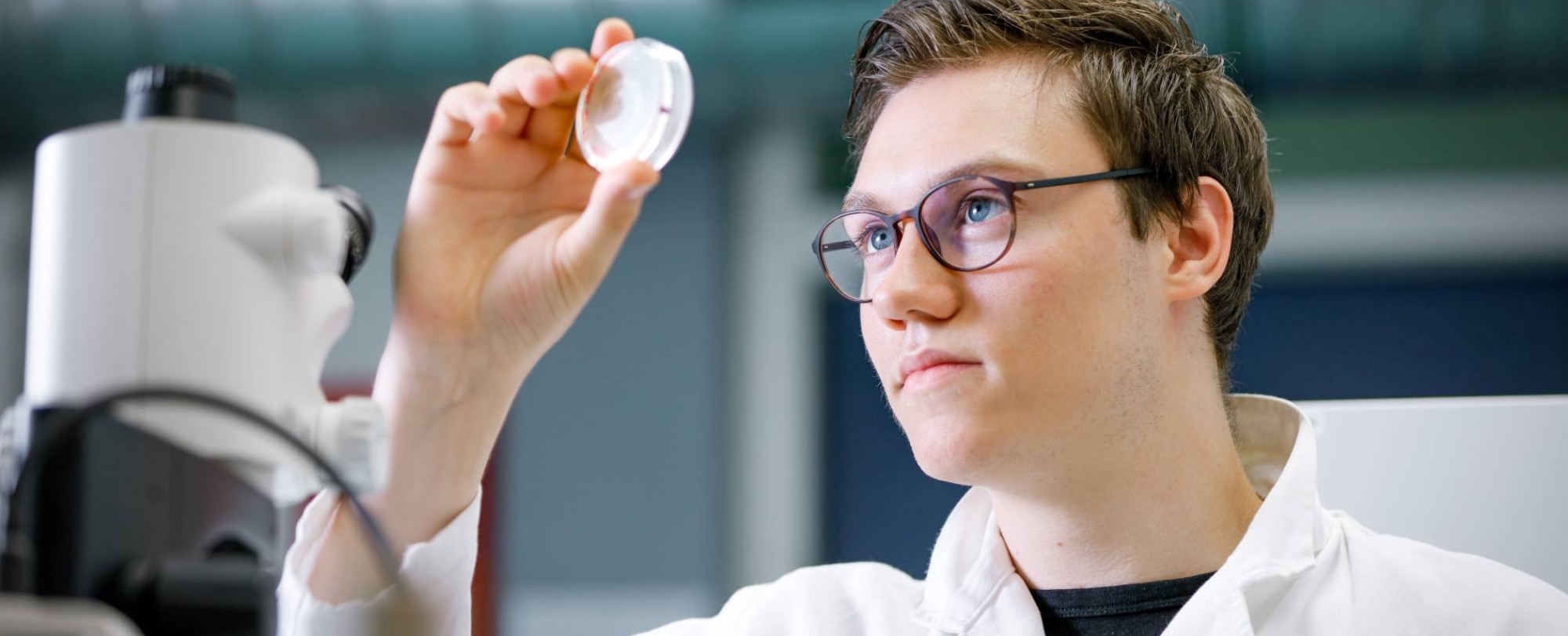
Solid foundation
Your 1st year gives you a solid foundation in the fundamental theories and techniques for the life science lab.
1st-year courses
You learn about the relevant topics in biology, chemistry and mathematics. You also work on group projects in the lab. For example, projects on cancer research, diagnosis of diseases and alternative energy sources. And you work in a professional life science lab during your mini internship.
Academic calendar
The academic year runs from September to August. In that time you have 42 weeks of education. The rest of the time you have holidays.
PERSONALIZED GUIDANCE
At HAN you have a study coach. That's a lecturer who helps you with all your questions related to the study. In the 1st year you'll have weekly classes with your study coach. Since we believe in personalized guidance, multiple personal talks are scheduled throughout the year to keep track of your progress.
Credits
HAN uses the European Credit Transfer System (ECTS). This system is part of the bachelor-master structure. ECTS credits are a measure of the workload of a degree program.
TO THE 2ND YEAR? CHECK YOUR STUDY ADVICE!
At the end of 1st year, you receive study advice. The credits you’ve earned are an important factor in this. Positive advice means you can move on to the 2nd year. Negative advice means you have to stop. That way you don’t waste time on a program that doesn't really suit you.
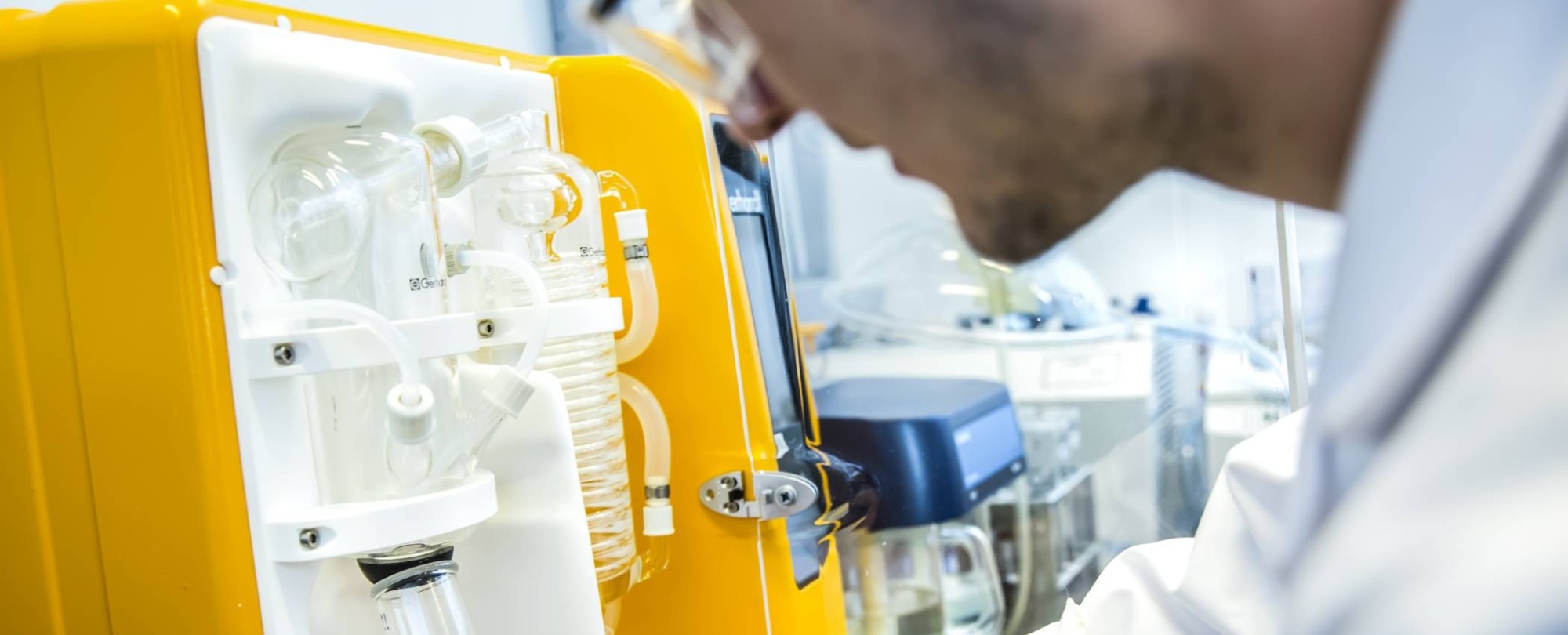
Growing independence
In your 2nd year you enter the main phase of the degree program. By now you’re confident using test tubes, microscopes and Petri dishes. Ready to get to know the profession in-depth? And use your knowledge in real research projects?
2nd year themes and topics
In the 2nd year you focus on 2 main themes. You'll dive into the theory and practical side of all the related topics.
Theme 1: Molecular and biochemical research
- Biochemistry
- Molecular biology
- Cell biology
- Bio-informatics
Theme 2: Interaction between human, plant and micro-organisms
- Microbiology
- Plant biology
- Immunology
- Human biology
- Histology
- Cytology
Lab facilities
HAN has all the basic lab facilities and more. Take the specialized microbiological, plant and biochemical labs. Here you can research DNA, RNA and protein in different organisms. How do you make the cells visible? Using light microscopy, fluorescent microscopy and electron microscopy. You can also do research on cancer. With real-time PCR apparatus, a high-performance plate reader and a flow cytometer. And use our fermentation lab. Ferment bacteria, fungi and yeasts and create your own biological products!
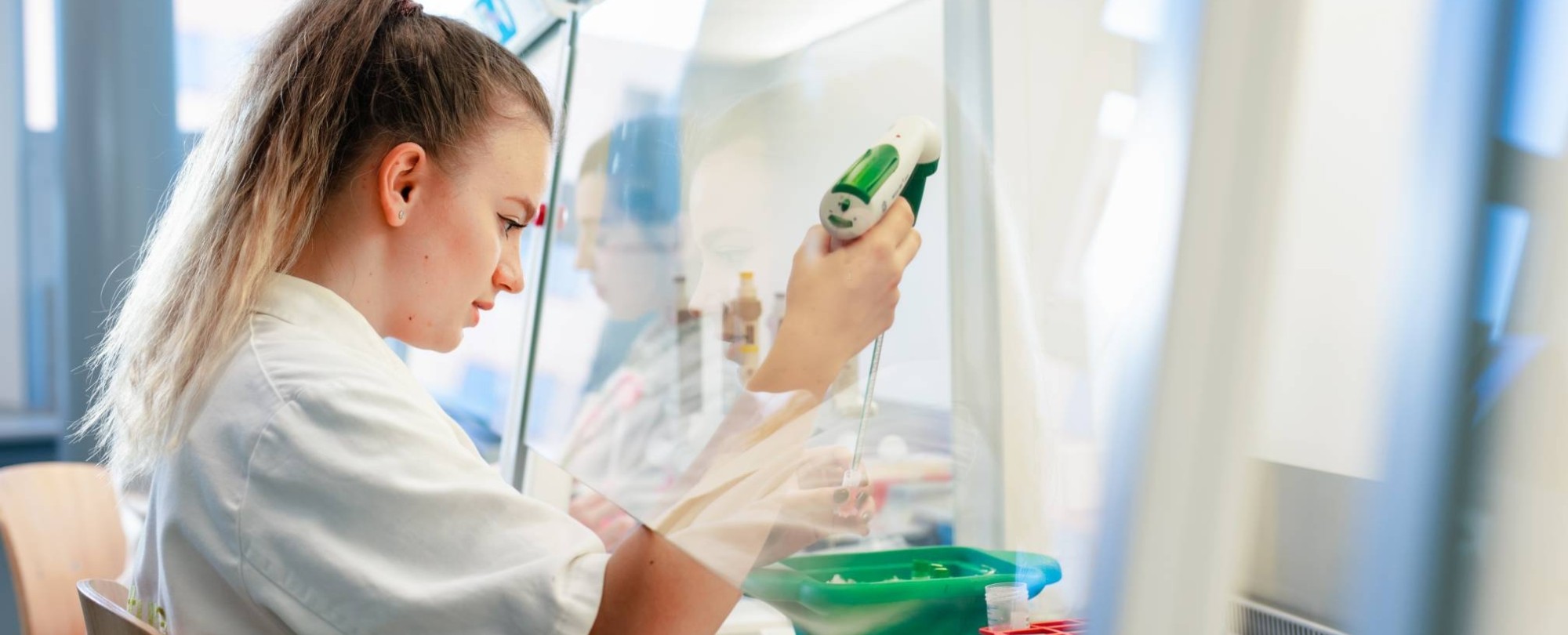
Professional experience
In your 3rd year you specialize in your chosen topic. Choose from biomedical research, biotechnology, molecular plant biology or neuroimmunology. Then you complete an internship focused on this area. Put your knowledge and skills to the test in a professional life science lab. This experience will be a great asset to future employers.
Internship
Your life sciences internship gets you ready for the international job market. Where you’ll go? To a teaching hospital, research institute or company in the Netherlands or abroad. The type of lab? One that researches cancer, for example, or perhaps a biotech lab. In your 2nd year you follow a preparation program that covers all the important aspects of the internship.
Experience it for yourself!
Want to discover whether Life Sciences at HAN is the right choice for you? Experience it for yourself at an Open Day. Our students and staff look forward to meeting you there!
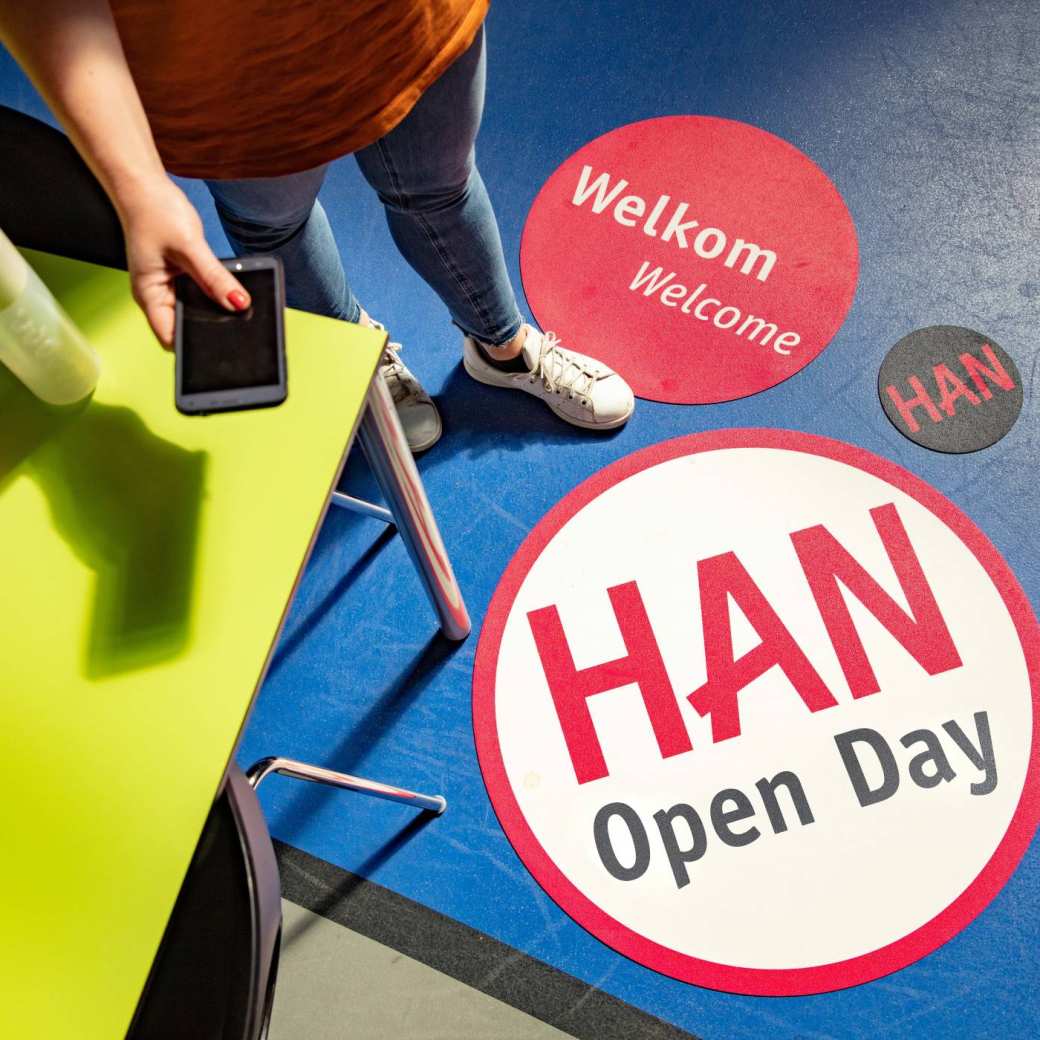
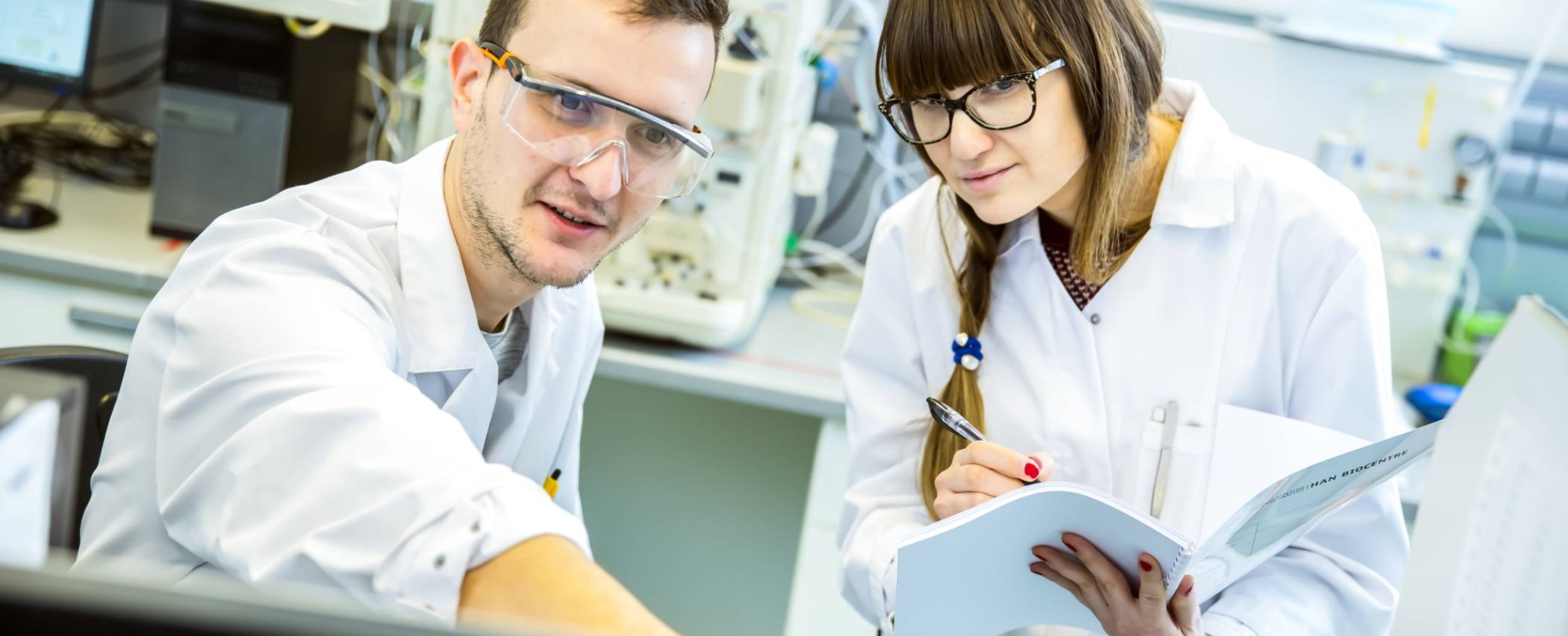
Graduation year
This is the 4th and final year of your BSc in Life Sciences. First, you choose a subject for your minor. This is a semester where you broaden your knowledge. Or gain more in-depth knowledge of a specific life sciences subject. Next, you embark on your graduation internship.
Minor
HAN offers excellent minors for Life Sciences students. Choose from Biomedical Research, Molecular Plant Biology, Biotechnology or Biorefinery. Want to broaden your experiences even further? Why not study at another university, in the Netherlands or abroad. Do you want to continue your studies after your BSc in Life Sciences? Then a bridging pre-master program is a great option for your minor.
Graduation internship
The final challenge in your BSc in Life Sciences is your graduation internship. That's where you show all the knowledge you gained during your studies. Where you’ll do your internship? At a company, research institute or hospital. In the Netherlands or abroad.
The HAN BioCentre
As a Life Sciences student you can do your internship or graduation project at our own center of expertise: the HAN BioCentre. You’ll perform research within the “biodiscovery chain”: discover, analyze, produce and apply your work in real projects. Achieve something real. Harvest biobased oil from yeast or harness the power of fungi. An exciting internship or graduation project guaranteed!
Results of graduation project published!
Marta Bogaczyńska is originally from Poland. She graduated from the international Life Sciences program at HAN in 2017. Just 3 months later she co-authored an article in Cell Metabolism. That’s the leading journal on cell biology and endocrinology.
Bachelor of Science
After 4 years of study you have earned your Bachelor of Science in Life Sciences. Congratulations! The program you've completed is accredited by the Accreditation Organization of the Netherlands and Flanders (NVAO). That means you now have an internationally recognized degree. Ready to join an international company? Or continue your studies with a master or PhD?
Bachelor of Science

Careers
Find out about job opportunities, experiences of alumni and options for further studies in Life Sciences.

